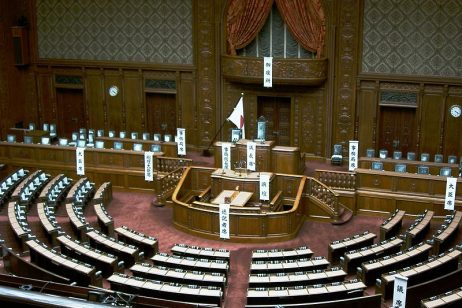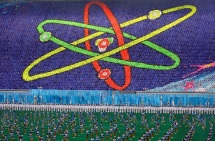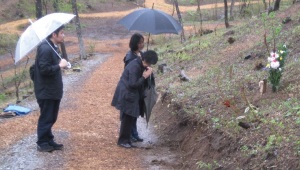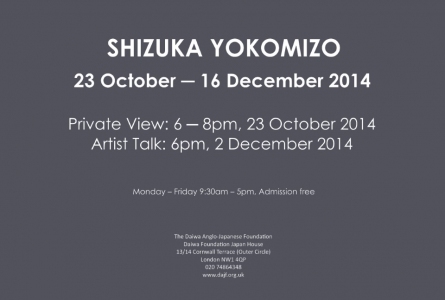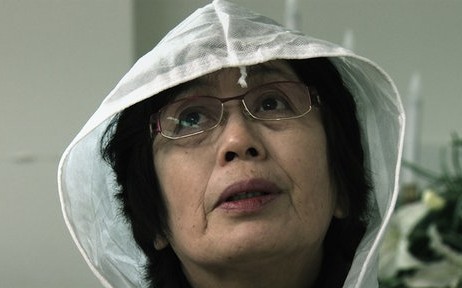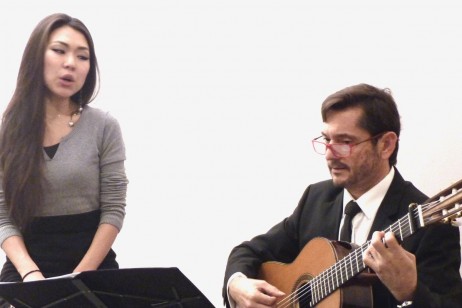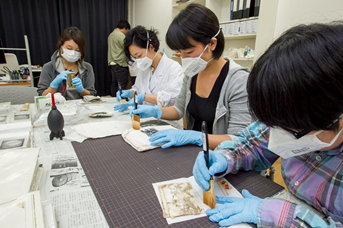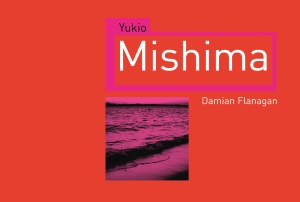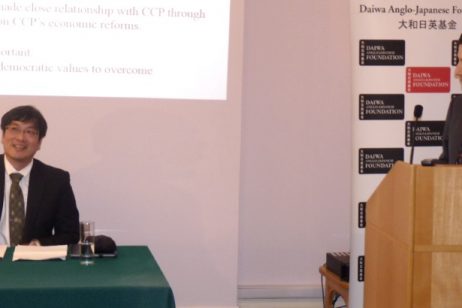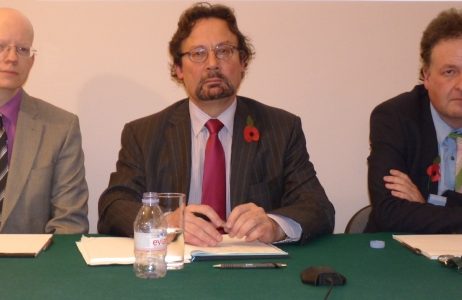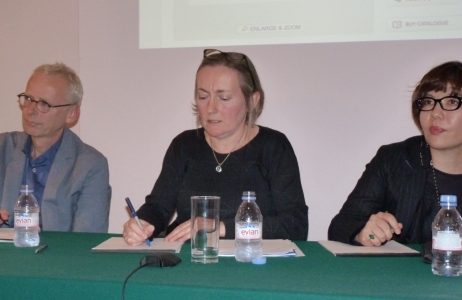16 December 2014
The Power of Politics
This seminar took place just two days after the Japanese Lower House election, while the clock is also ticking towards a General Election in the UK next year. It seemed a timely moment to consider the power that politicians wield in the two countries, and the extent to which they can actually affect the lives of their citizens. How easy is it for politicians to push their policies through the legislature? And when they succeed, how much impact do those policies have?
More info